Germany may teach you to be efficient and organized, but it will most certainly throw you off your game with its myriad of fees. They show up everywhere — from your letterbox to your coffee — and quietly pile serious cash on your monthly bill. Most of these are one-off fees that have no equivalent anywhere else in the world, and they come as a rude shock to newbies who believed they’d planned well for German existence.
Understanding these costs upfront can save you from nasty surprises later. Here is a list of 18 sneaky fees that quietly drain wallets across Germany.
Rundfunkbeitrag

Every household in Germany pays this mandatory broadcasting fee, whether you own a TV, radio, or neither. The current rate sits at €18.36 per month and will remain unchanged through 2027 after federal state leaders canceled the planned increase to €18.94.
There’s no escaping this fee — even if you lived in a cave and communicated through smoke signals, and it hits your bank account regardless of your viewing habits.
Church Tax

If you’re registered as Catholic, Protestant, or Jewish, Germany automatically deducts church tax from your income tax. The rate is 8% of your income tax in Baden-Württemberg and Bavaria, but 9% everywhere else in the country.
This ancient system treats religious affiliation like a subscription service you can’t easily cancel, with many people discovering this surprise deduction only after receiving their first paycheck.
Like Travel Pug’s content? Follow us on MSN.
Tourist Tax

Most German cities charge visitors a daily fee, though rates vary dramatically by location and accommodation type. Berlin charges 7.5% of the net room price, while many smaller cities charge flat rates of €2 to €4 per person per night.
Munich currently doesn’t charge tourist tax due to state prohibition, though a 5% proposal awaits court ruling, showing how these fees differ wildly across the country.
Dog Tax

German municipalities charge annual fees for dog ownership that typically range from €90 to €150 for your first dog, depending on the city. Berlin charges €120, Hamburg €90, and Bremen €150, while dangerous breeds can face rates up to €1,000 per year in extreme cases.
This medieval tax originally funded dog catchers but now just fills city coffers, and failing to pay can trigger fines up to €10,000.
ATM Withdrawal Fees
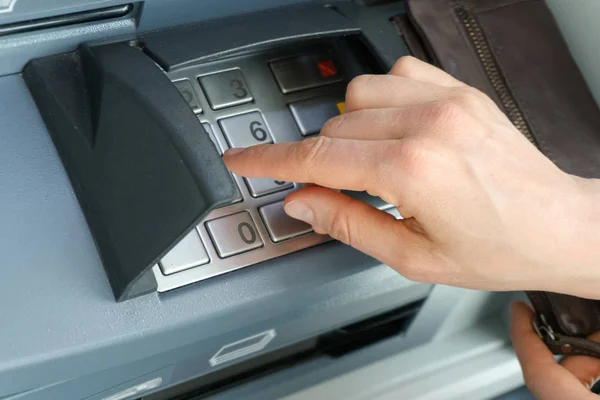
Using ATMs from other German banks typically costs €1.95 to €5 per withdrawal, though banking networks like Cash Group or Bankcard-Servicenetz waive fees for their members. Foreign cards face even steeper charges, often €5 to €7 plus currency conversion markups that make every withdrawal painful.
Third-party ATMs like Euronet can hit you for €5 or more, making cash access surprisingly expensive in a country that still loves paper money.
Like Travel Pug’s content? Follow us on MSN.
Residence Registration Fee
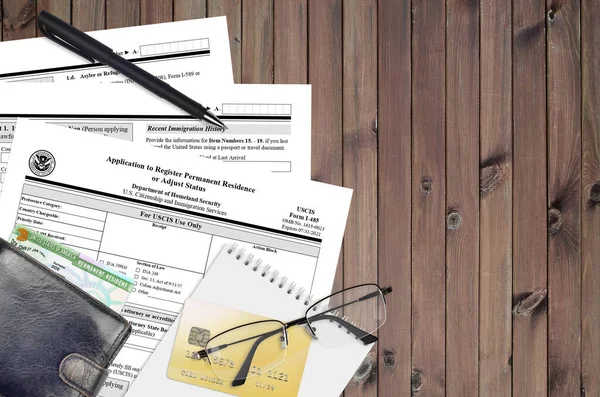
Foreigners and Germans alike must register their address with local authorities within two weeks of moving, and while this service is typically free, some municipalities charge up to €5 to €10. Failure to register triggers fines up to €1,000, making any small administrative fee seem reasonable by comparison.
The process requires an appointment and documentation, though landlords must provide the required Wohnungsgeberbestätigung free of charge.
Public Transport Validation Fines
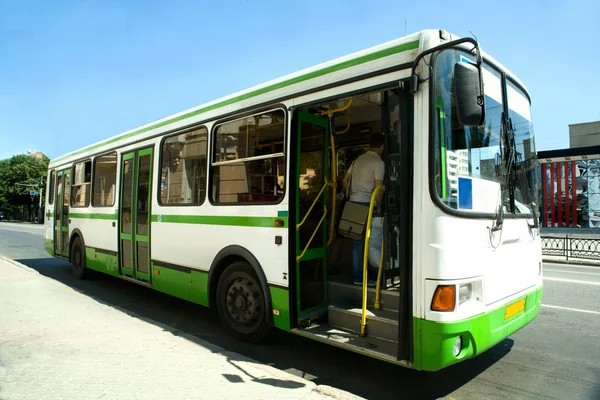
Forgetting to validate your transit ticket costs around €60 in German cities, even if you own a valid pass but simply forgot to stamp it. Inspectors show no mercy for tourists confused by validation machines or locals who had a momentary lapse.
These fines generate millions in revenue while teaching everyone to obsess over those little validation boxes.
Cash Withdrawal Limits
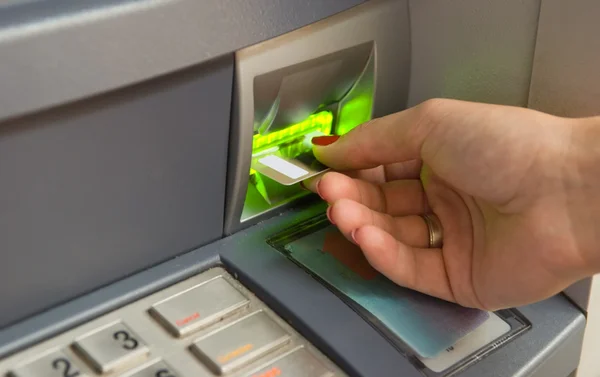
Many German businesses still operate cash-only, forcing frequent ATM visits that rack up withdrawal fees. Banks typically offer free withdrawals within their networks, like Cash Group or Bankcard-Servicenetz, but charge for extra transactions at competing machines.
This cash-heavy culture makes it impossible to avoid ATM fees entirely, especially for visitors from card-friendly countries who underestimate how much cash they’ll need.
Like Travel Pug’s content? Follow us on MSN.
Trade License Fees
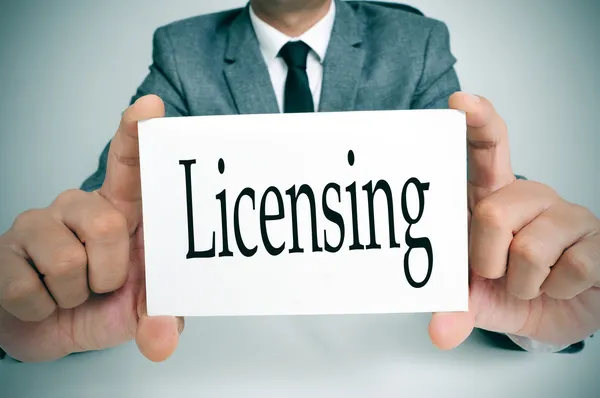
Starting any business in Germany requires a Gewerbeschein (trade license) costing €15 to €60 for basic registration. Additional certificates like hygiene permits or background checks can add another €30 to €40 or more, depending on your industry.
Food service, crafts, and professional services often need multiple permits and inspections that can cost hundreds before you earn your first euro.
University Administrative Fees

Even ‘free’ German universities charge semester fees of €100-350 for administration and student services. These fees cover everything from student transportation passes to administrative costs, making higher education affordable but not entirely free.
Non-EU students in Baden-Württemberg face additional tuition of around €1,500 per semester, while some programs at universities like TUM can cost €2,000 to €6,000 per semester, depending on the program.
Driver’s License Conversion

Converting foreign driver’s licenses can cost anywhere from €1,500 to €3,500 total when you factor in processing fees, translations, first-aid courses, eye tests, and driving exams. Basic application processing runs €40 to €70, but theory and practical exams cost €60 to €250 each, and many people need multiple attempts.
The process takes two to six months, depending on your region and whether your home country has reciprocal agreements with Germany.
Like Travel Pug’s content? Follow us on MSN.
Vehicle Registration
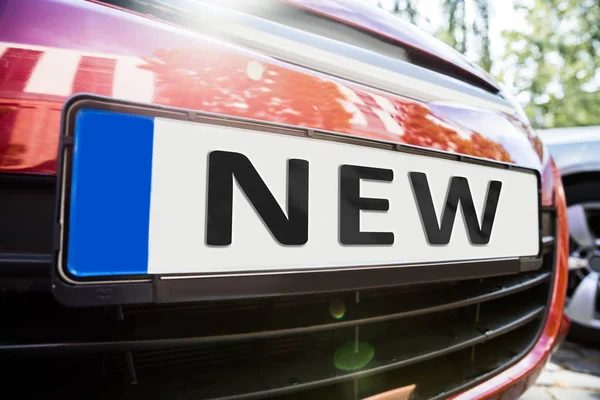
Registering a car in Germany costs €26 to €28 plus license plate fees of €10 to €35, but the real expenses come from mandatory inspections and insurance requirements. Moving between states requires re-registration with additional fees, making car ownership surprisingly expensive for frequent movers.
These costs add up quickly for anyone buying their first German vehicle.
Mandatory Chimney Inspection

German law requires annual chimney inspections by certified sweeps, costing €50 to €100 per visit, whether you use your fireplace or not. These inspectors have territorial monopolies and legal authority to enter properties for safety checks.
Even sealed chimneys in modern apartments require periodic inspection, creating unavoidable costs for homeowners and some renters.
Parking Permits
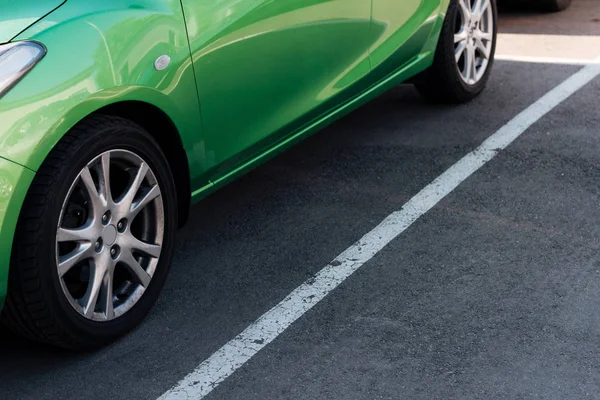
Residential parking permits cost €20 to €50 annually in most German cities, but finding a spot remains a daily battle. Guest parking often requires additional permits or hourly fees that can cost more than the monthly pass.
Many neighborhoods operate complex permit systems that confuse residents and generate fines for innocent mistakes.
Like Travel Pug’s content? Follow us on MSN.
Waste Collection Fees

German municipalities charge households €100 to €300 annually for trash collection, recycling, and compost services, regardless of how much waste you generate. These fees support an extensive recycling program, but they hit every household equally.
Large families and single residents pay similar amounts, making waste fees regressive for smaller households.
TÜV Vehicle Inspection

Cars older than three years require biennial safety inspections costing €100 to €150, with repairs often needed to pass. This thorough examination checks everything from brake pads to exhaust emissions, frequently requiring additional work that costs hundreds more.
The inspection itself is just the entry fee to a process that often demands significant vehicle investment.
Late Payment Reminders

German companies charge €5 to €25 for payment reminder letters, even for bills paid just days late. These Mahngebühren stack up quickly if you forget due dates or experience postal delays.
Three reminder letters could cost €75 in fees alone, turning small oversights into expensive mistakes that damage your credit rating.
Like Travel Pug’s content? Follow us on MSN.
Professional Licensing Fees

Many professions require annual licensing fees ranging from €50 to €500, plus continuing education costs to maintain certification. Doctors, lawyers, engineers, and tradespeople face ongoing fees that treat professional competence like a subscription service.
These costs get passed on to consumers but represent significant overhead for service providers.
How Germany Perfected the Art of Small Charges

These fees reflect Germany’s historical approach to funding public services through user charges rather than general taxation. What started as practical solutions for specific needs evolved into a comprehensive system that touches every aspect of daily life.
Today’s Germany operates like a finely tuned machine where every service carries a price tag, teaching residents that convenience and quality come with clearly defined costs that add up faster than most people expect.
More from Travel Pug

- 20 Best Beach Towns in the Carolinas
- 13 Destinations Where Tourists Regularly Regret Their Trip
- 20 Things You Actually Get in First Class
- 20 Small Airports With Aviation Museums
- 20 Places in the U.S. That Are Perfect for a Reset Trip
Like Travel Pug’s content? Follow us on MSN.
